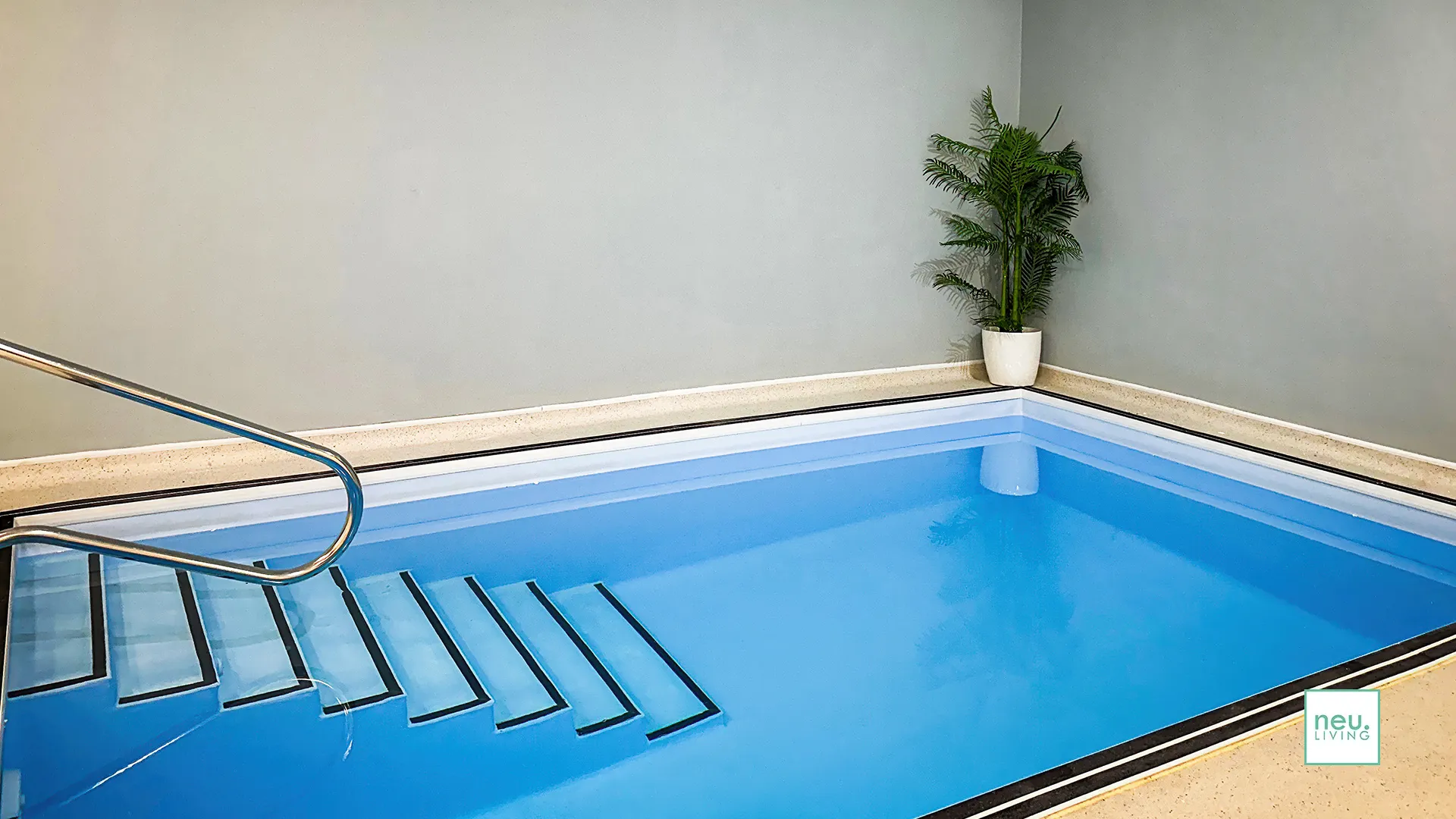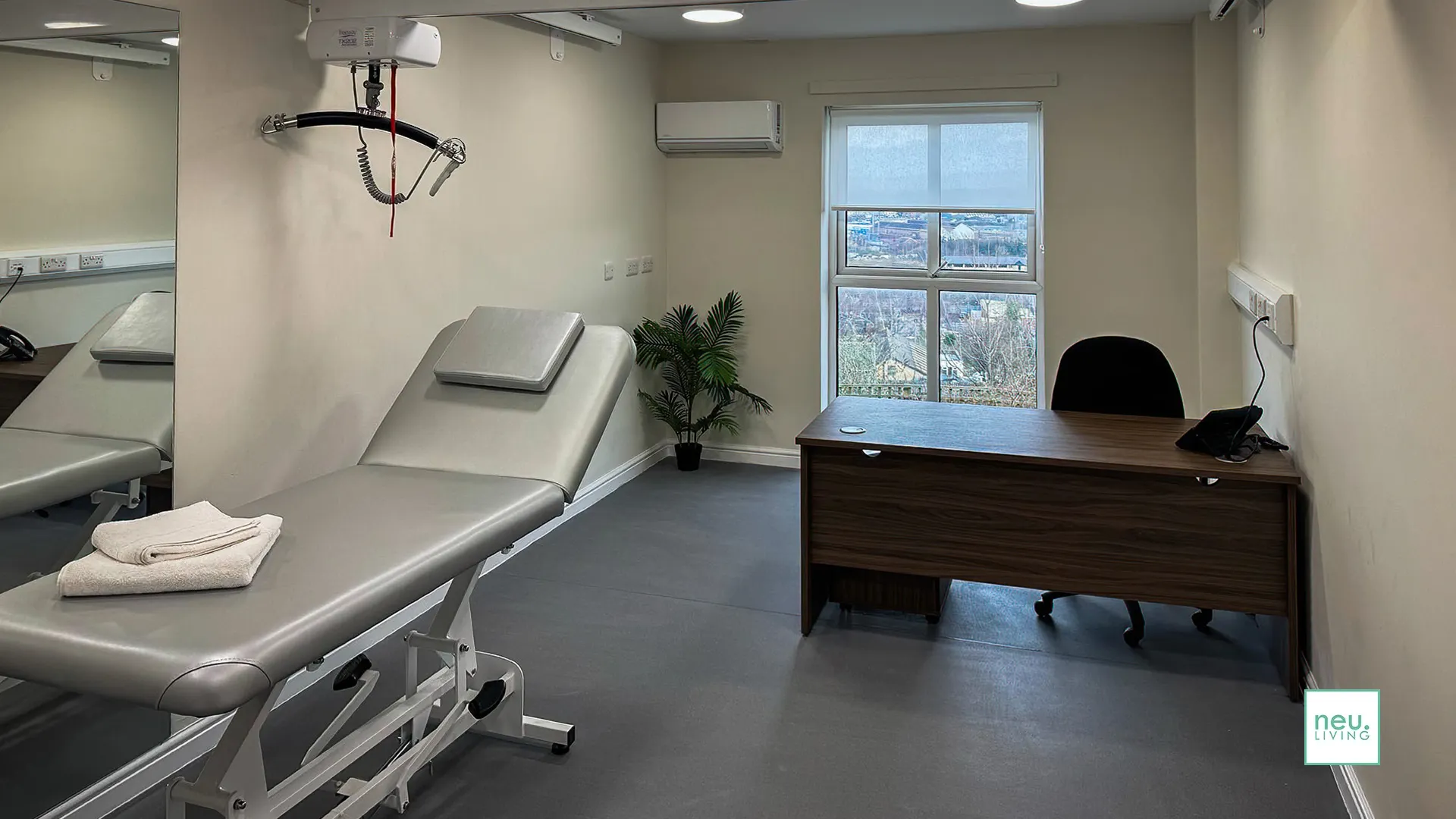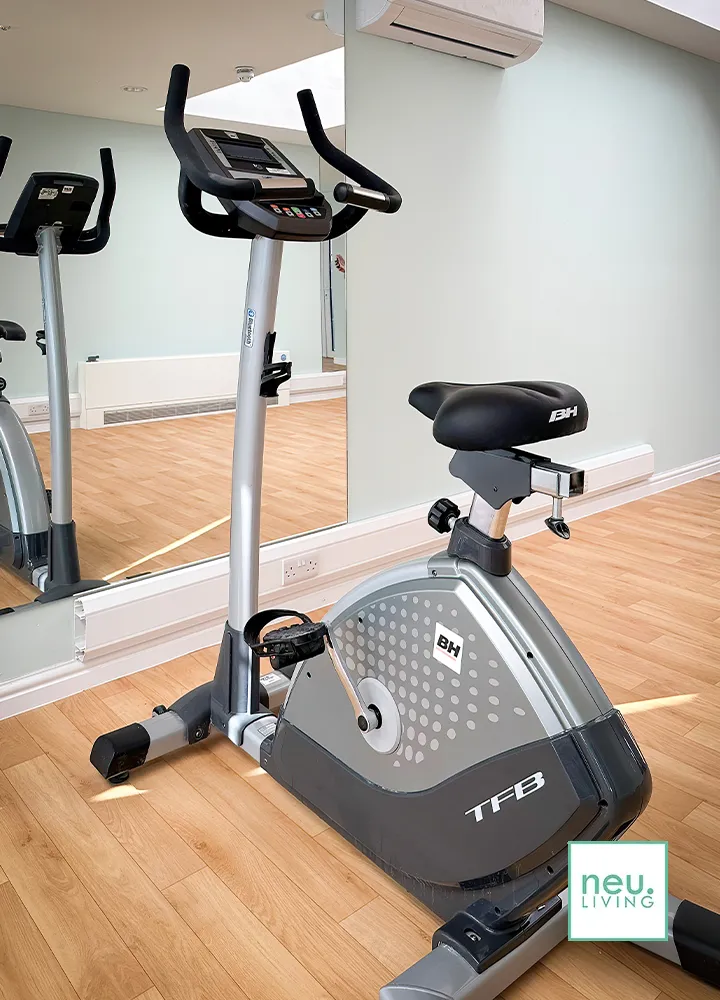Physiotherapy
Neurological injury and illness, such as Acquired Brain Injury, Parkinson’s disease and Multiple Sclerosis (MS) , often impact mobility, range of motion, co-ordination, and muscle strength. Physiotherapists at Neu Living plays a vital role in restoring these functions. Neu living Physiotherapists are equipped to provide therapeutic interventions for a wide range of neurological conditions, from Acquire Brain Injuries (ABI), Spinal Cord Injuries to Guillain-Barré Syndrome and Multiple Sclerosis amongst many others. Treatment aiming to reduce pain, maximize movement potential, and enhance muscle strength. The ultimate goal is to help patients regain an active, fulfilling and meaningful life following neurological injury or illness.
Increased muscle strength and co-ordination
Muscle weakness and coordination challenges are common in many neurological conditions. Physiotherapy helps strengthen muscles, improve coordination, and restore balance. Techniques like strengthening and stretching exercises alleviate muscle rigidity, enabling patients to maintain independence and a higher quality of life.
Management and reduction of spasticity and muscle stiffness
Neu Living Physiotherapists focus on reducing spasticity and preventing contractures through stretching exercises and proper positioning. These treatments improve range of motion and make daily tasks more manageable.
Improved Balance and Coordination
It’s common for balance and coordination to be affected by neurological conditions, which in turn increases the risk of falls and injuries during everyday activities. Neu Living physiotherapists use balance and coordination training, gait exercises, and vestibular rehabilitation to help patients manage these symptoms, promoting greater physical independence and an improved quality of life.
Recovery of Physical Function
Neurological disorders often impair the brain’s ability to form new neural connections, making it difficult to perform repetitive daily tasks. Neu Living Physiotherapists can help restore functional independence by using exercises, assistive devices, and other therapeutic techniques to manage symptoms and promote recovery.











